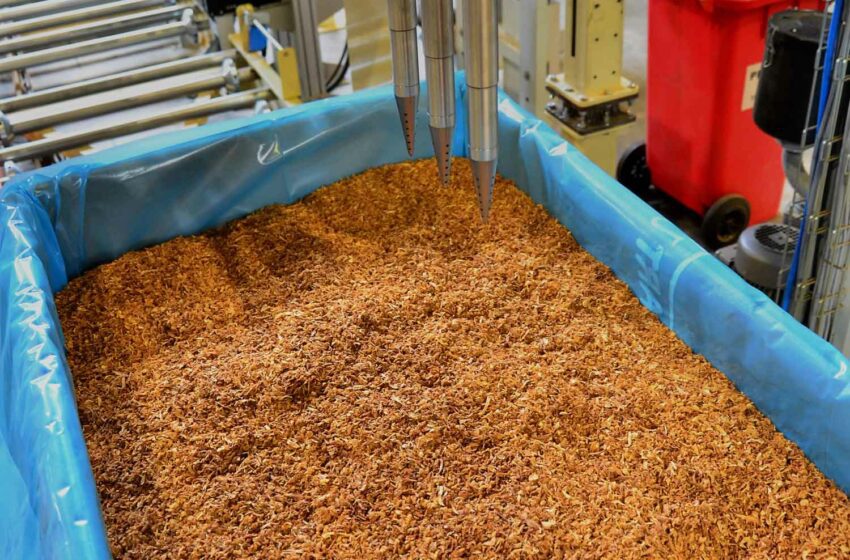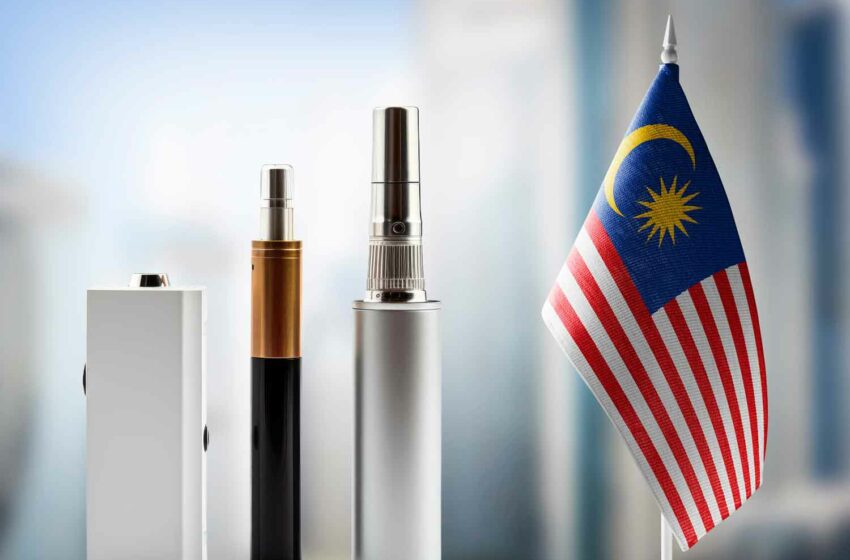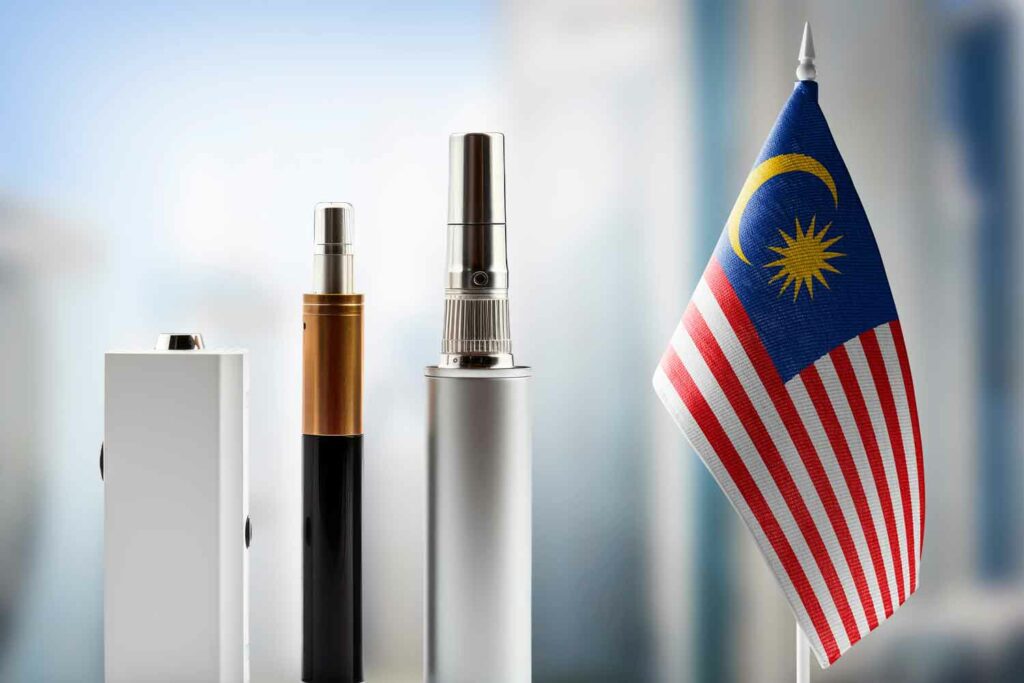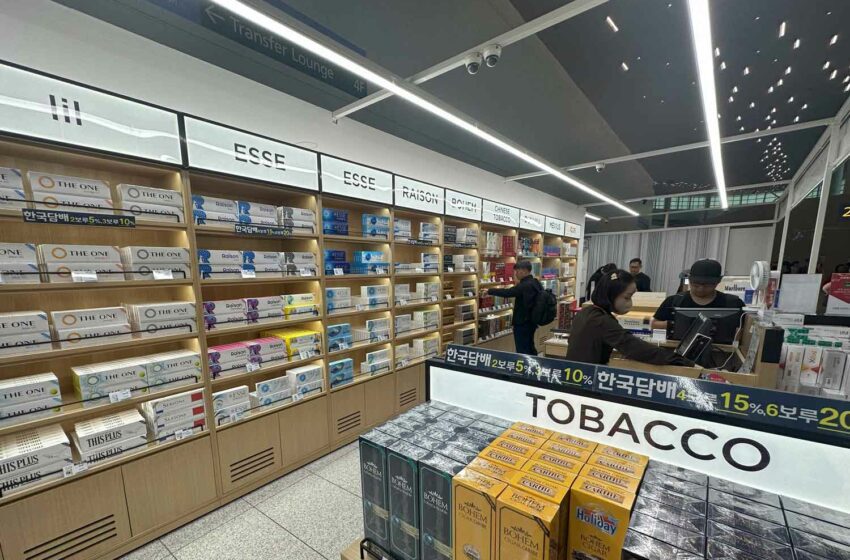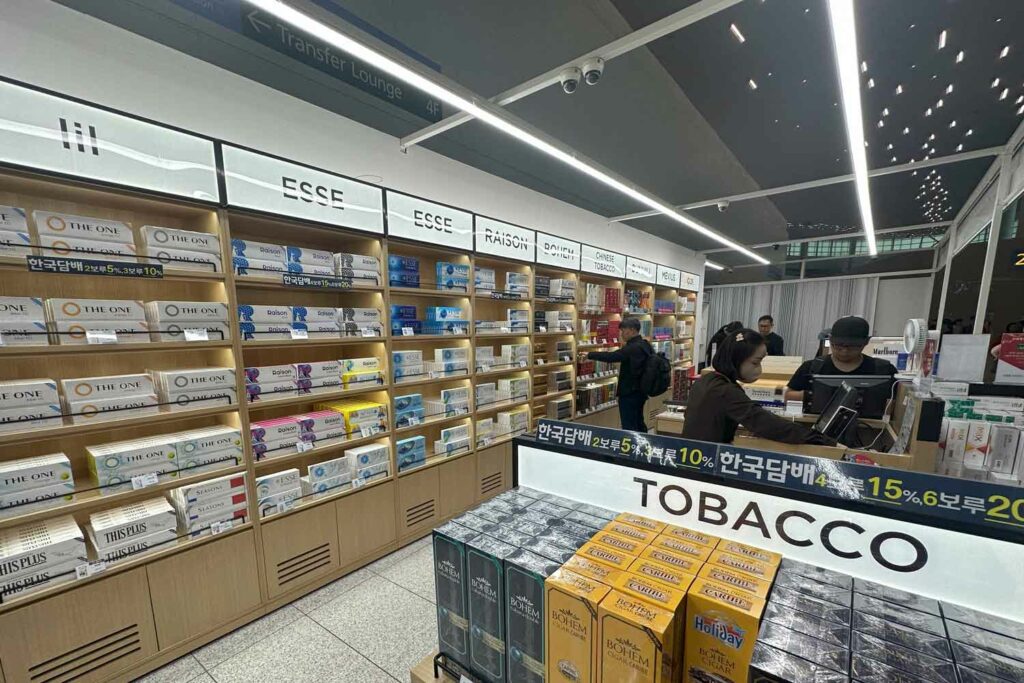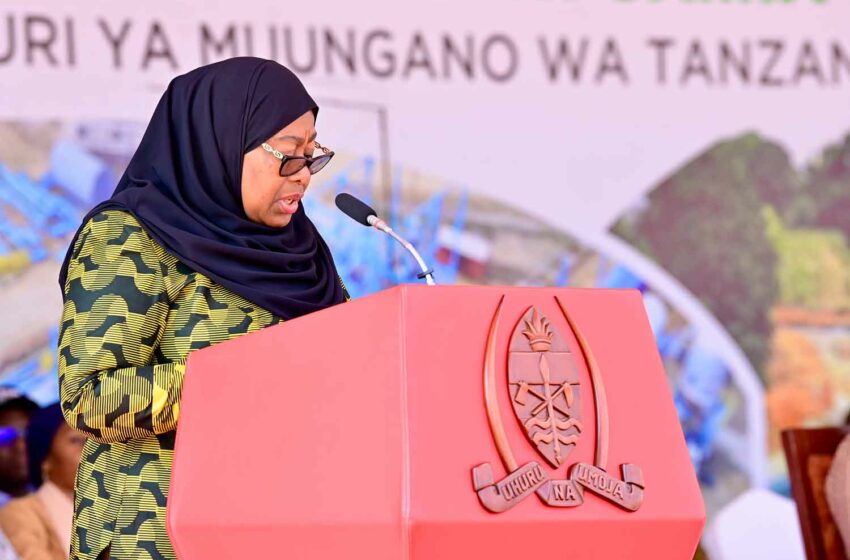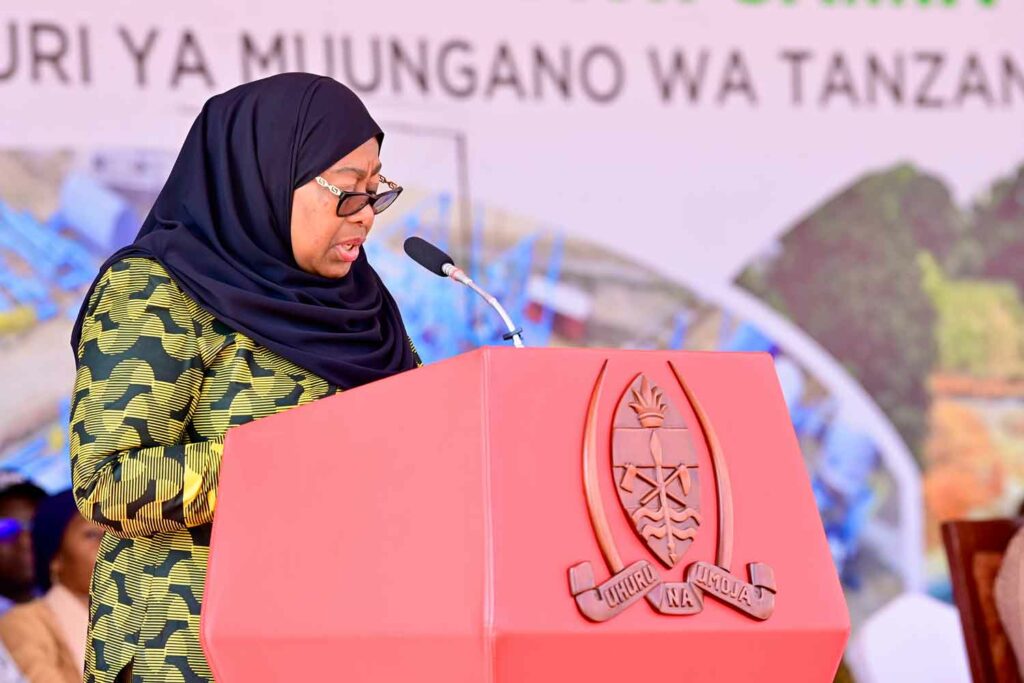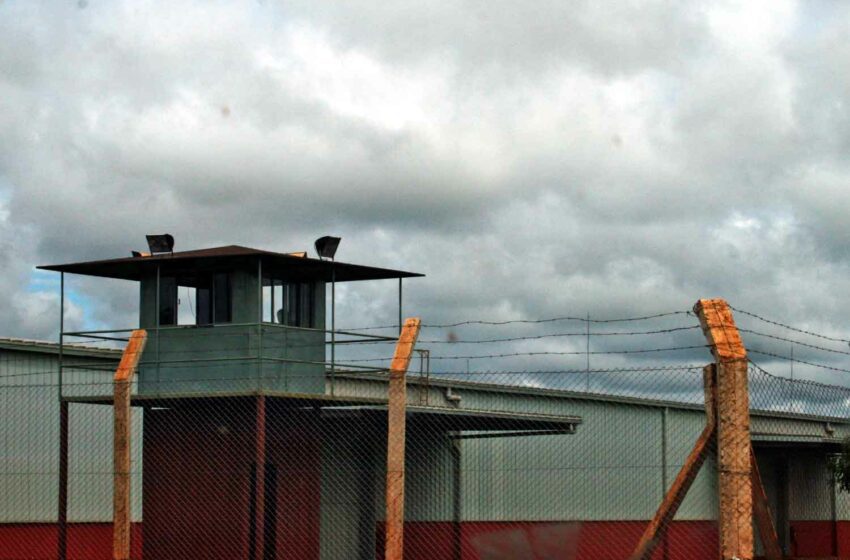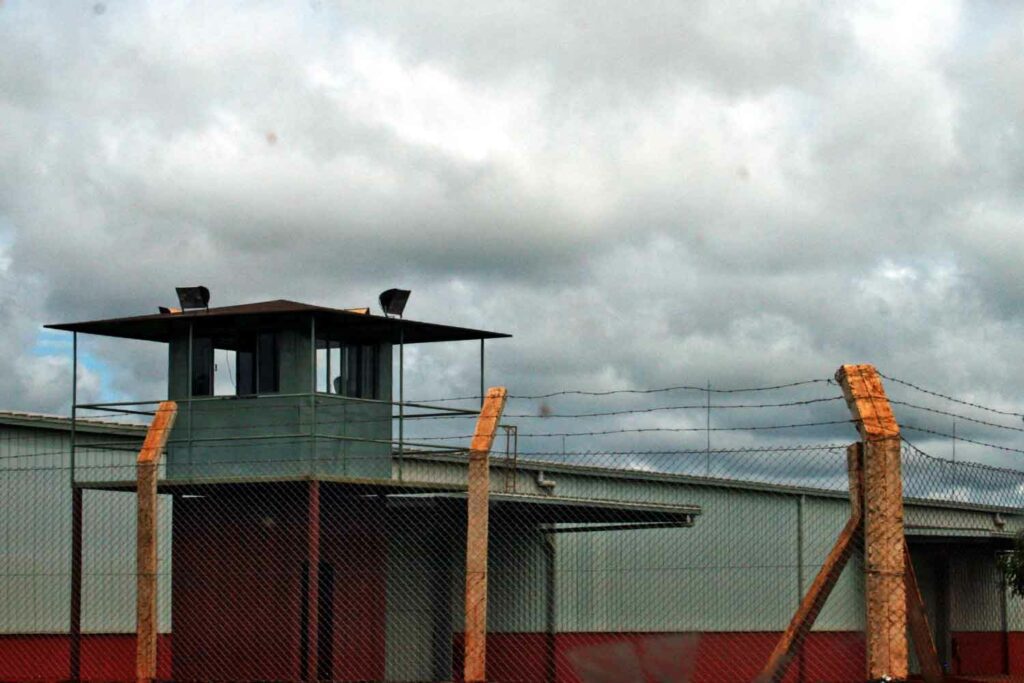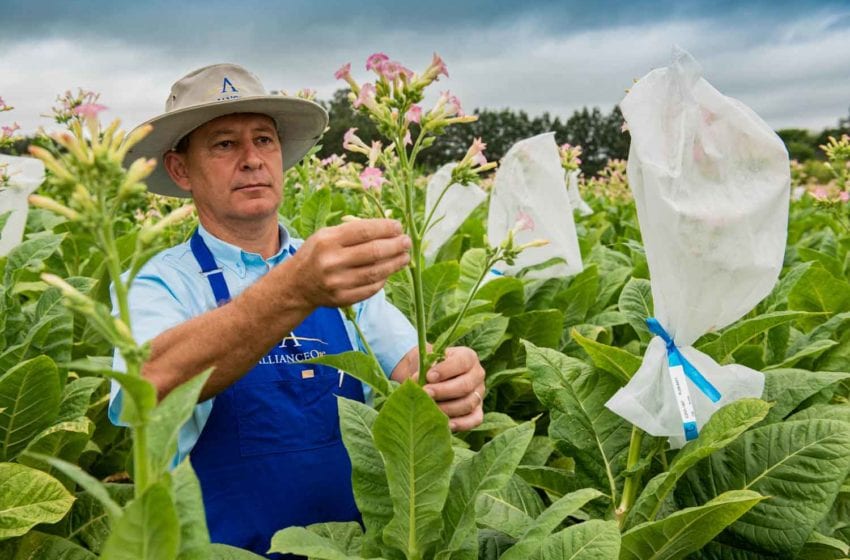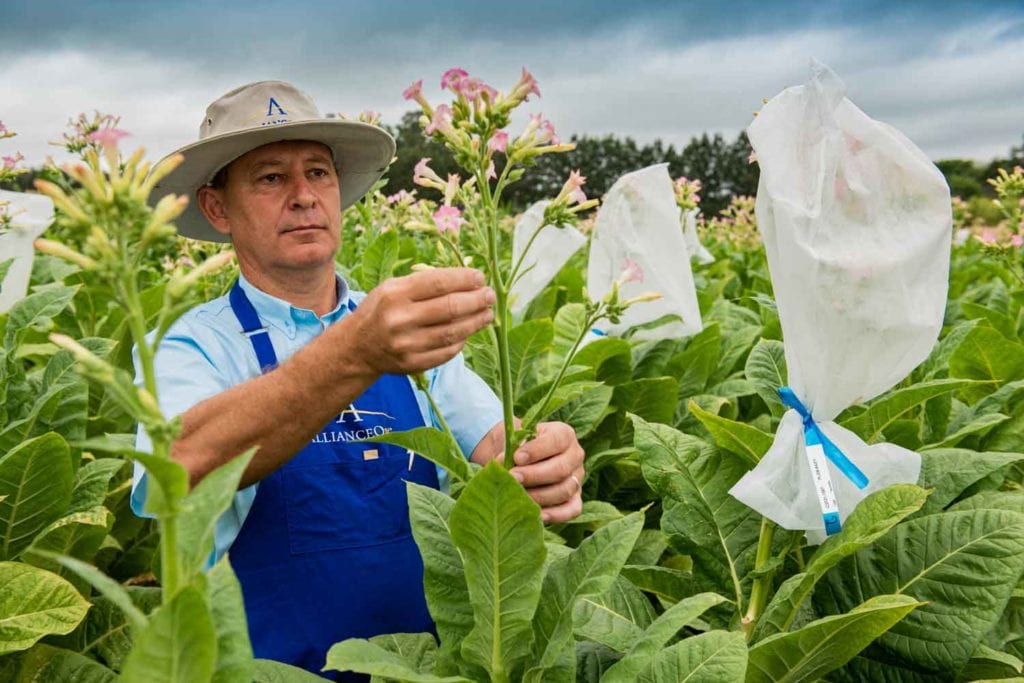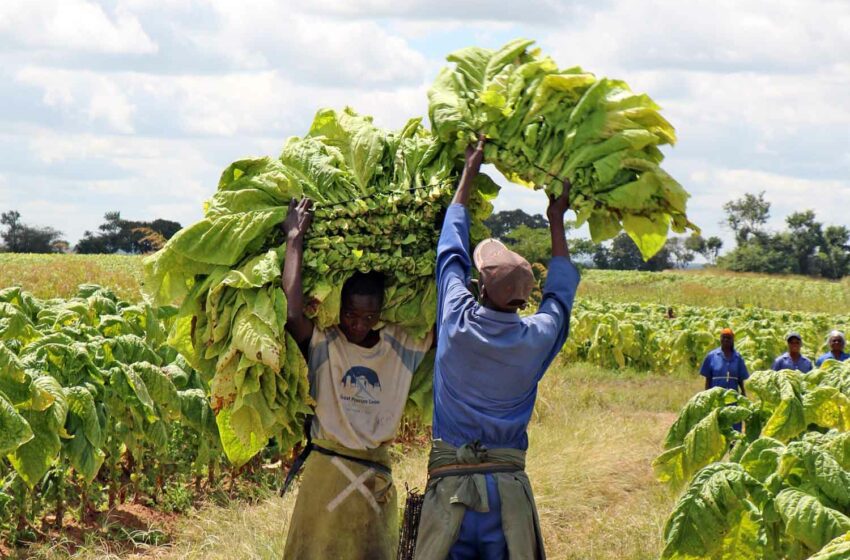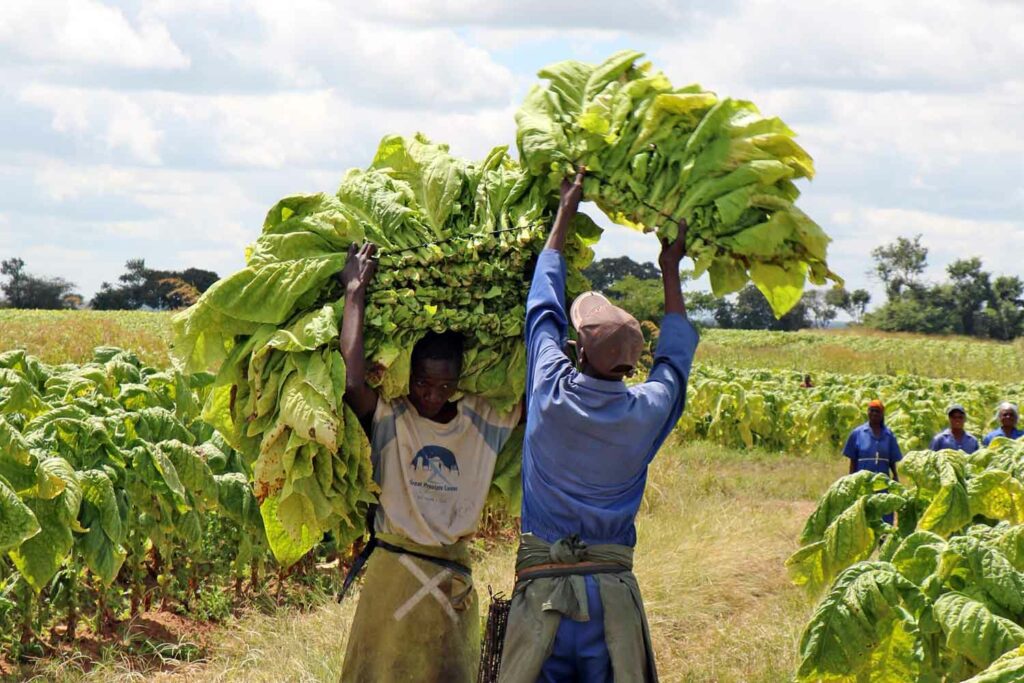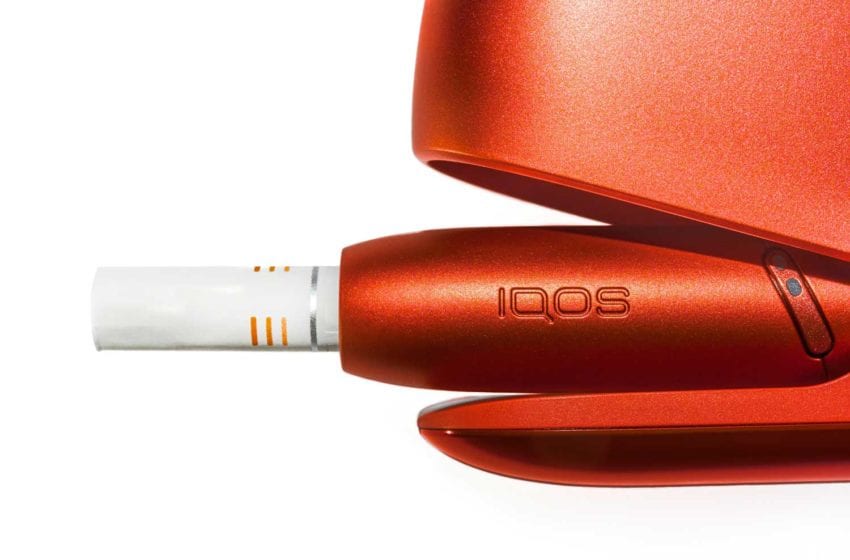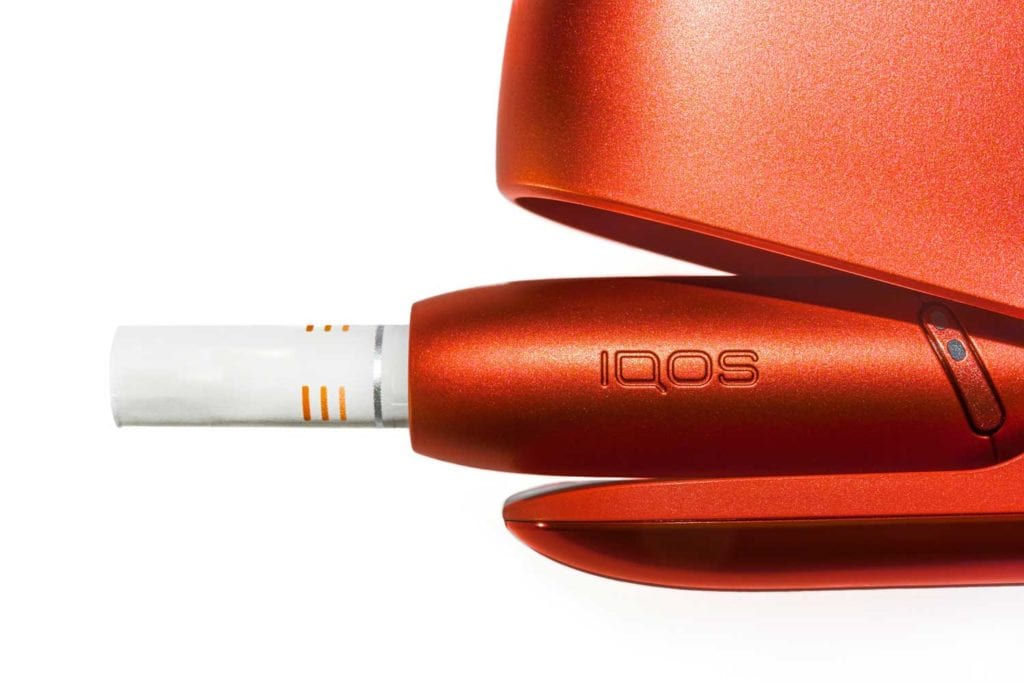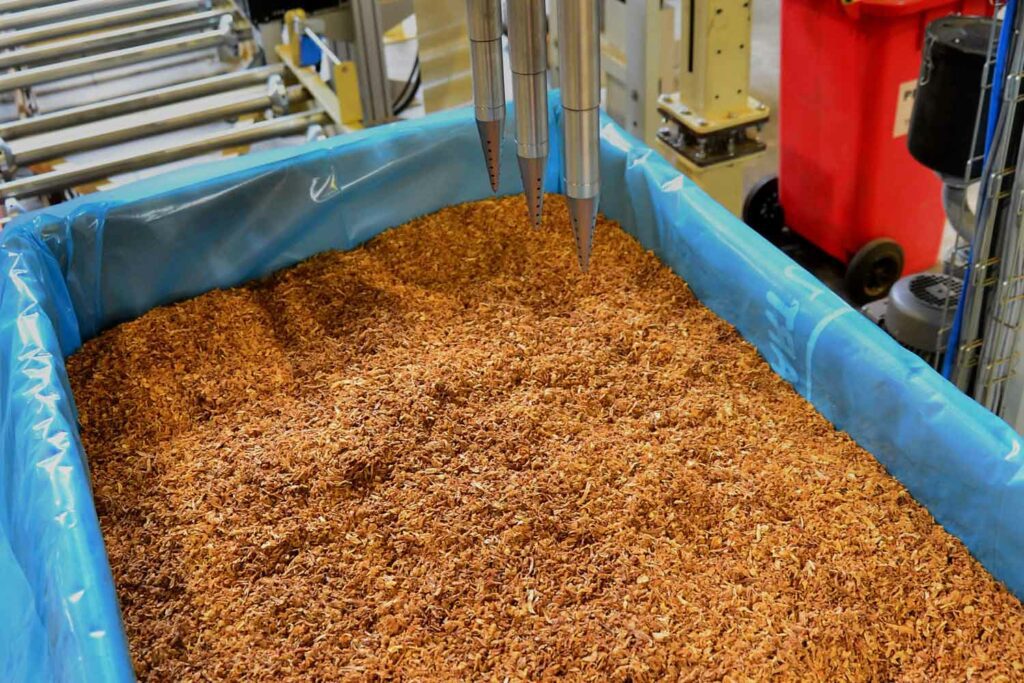
Cut Rag Processor’s factory in Harare, is nearing completion, reports The Sunday Mail. The plant will process cut rag tobacco and manufacture cigarettes for domestic and export markets.
According to Cut Rag Processors Managing Director Nyasha Chinhara, the project, which will triple the company’s current production is about 85 percent finished. Construction is almost complete and technicians have been installing production machinery and ancillary services.
The company expects to commence production of cut rag tobacco before the end of 2024.
“With this facility providing both cut rag processing and cigarette manufacturing, coupled with the increased installed production capacity, there shall be an increase in value addition of Zimbabwean tobacco products,” Chinhara told The Sunday Mail.
“The sustainable growing, processing and manufacturing of tobacco products in Zimbabwe shall play a key role in Zimbabwean tobacco’s competitiveness in future.”

